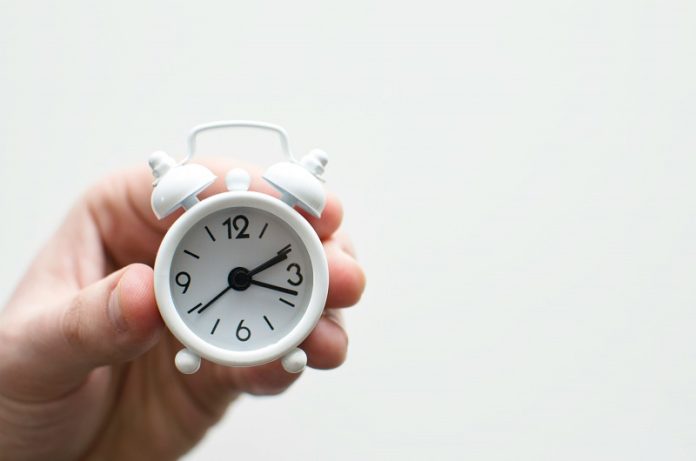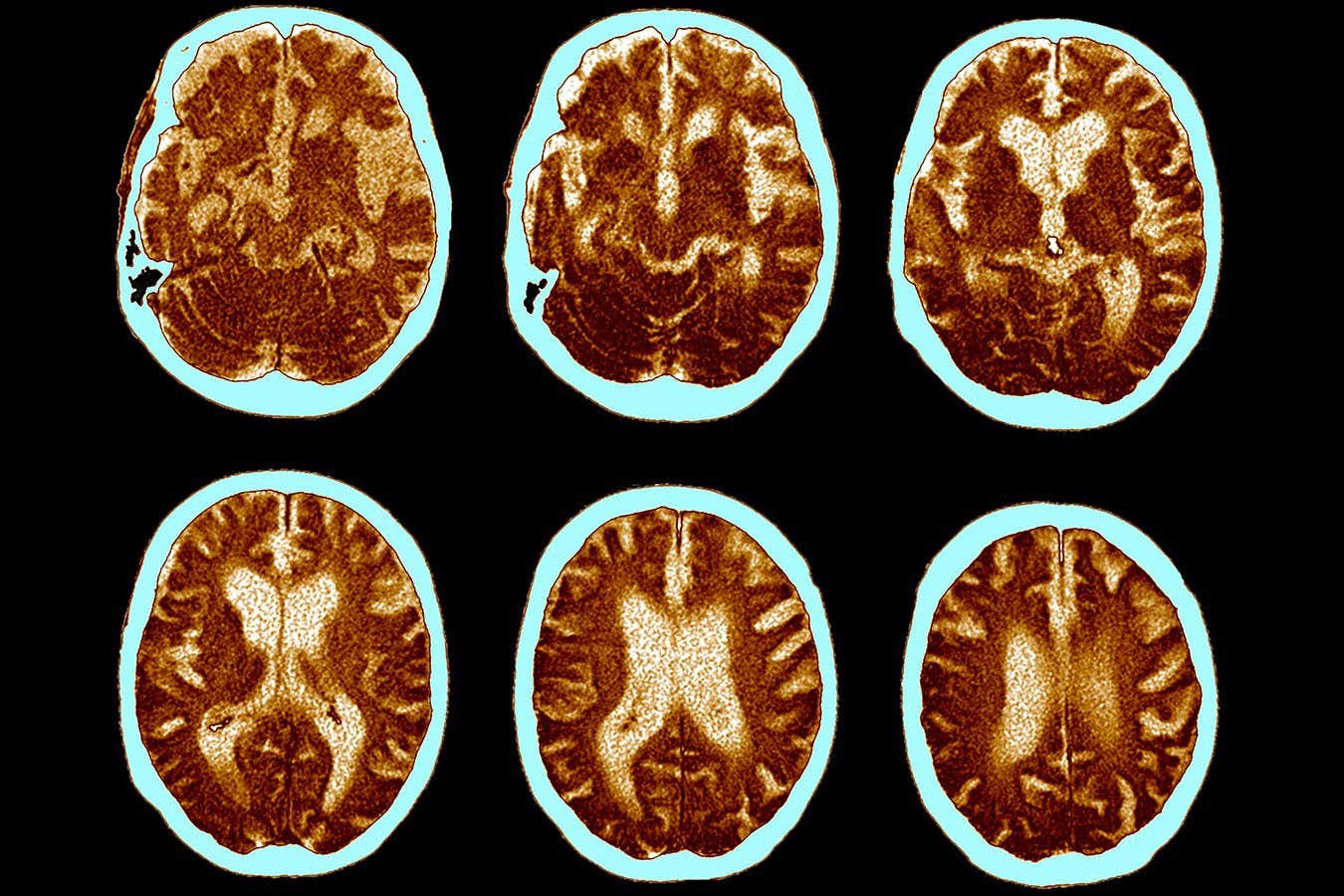
As the year ends and to-do lists pile up, sleep often gets pushed aside.
But a new study from the University of Michigan reveals that syncing your sleep with your body’s natural clock can greatly improve your mood—just in time for the holidays.
When sleep schedules clash with our internal clocks, or circadian rhythms, it can negatively affect mood, said Professor Daniel Forger, one of the study’s authors.
On the flip side, sleeping in line with these rhythms can boost emotional well-being and help ease symptoms of mood disorders.
“This won’t cure depression, but it’s one factor we can control,” Forger explained. “We can’t change someone’s life events or genetics, but we can study their sleep patterns to see how they affect mood.”
The study, published in npj Digital Medicine, used data from first-year medical interns who wore Fitbits to track heart rate, activity, and sleep habits.
The interns also completed mood surveys and depression screening questionnaires.
By analyzing this data, Forger’s team found that when sleep cycles and circadian rhythms didn’t match, mood worsened. Specifically, the Patient Health Questionnaire (PHQ-9), which measures depression, increased by an average of 2.5 points in participants with desynchronized rhythms. This increase is considered clinically significant.
Lead researcher Minki Lee pointed out that it’s not just about going to bed earlier. “It’s about syncing your sleep schedule with your internal clock,” Lee said.
The researchers studied three key patterns: the central circadian clock (regulated in the brain), the peripheral clock (in the heart), and sleep cycles. Misalignment between sleep and the heart’s peripheral clock affected mood. But the most significant mood disruptions occurred when sleep didn’t align with the brain’s central clock—especially for people working shifts, like medical interns.
“When the central clock and sleep are misaligned, it’s linked to depressive symptoms like poor sleep, appetite issues, and even suicidal thoughts,” said co-author Dae Wook Kim, now a professor in South Korea.
These findings could apply to other groups, such as students and older adults. The researchers believe wearable technology, like Fitbits, can help people monitor their sleep and make adjustments to improve mood.
“Knowing when sleep impacts your mood and how to fix it is powerful,” Forger said. “This approach could help many people find a better balance.”
So, as you plan for the holidays, consider prioritizing sleep. Syncing your schedule with your body’s natural rhythms might be the key to a happier season.
If you care about sleep health, please read studies about foods that help people sleep better, and Keto diet could improve cognitive function in people with sleep loss.
For more health information, please see recent studies about the natural supplements for sound sleep, and how your diet can improve sleep quality.








Leave a Comment